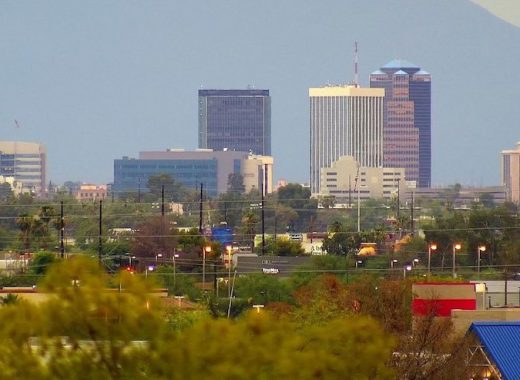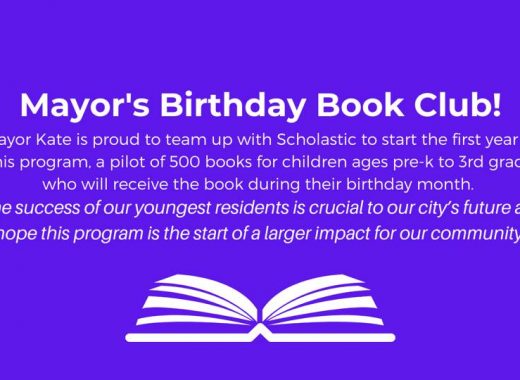A Halloween party over the weekend at a registered Airbnb in Tempe near Howe and Judd Streets ended with a number of gunshots fired by multiple gunmen.
When Tempe Police officers arrived to the scene, people running from the area. Officers determined no one was injured in the gunfire. Reportedly, an undetermined number of people began firing weapons outside the home during the party for unknown reasons.
Tempe police are still looking for the culprits, however two people were arrested in the incident. One party attendee was arrested for having an outstanding arrest warrant and a second was on charges not related to the shooting.
Airbnb released a statement on the incident, saying, “We strongly condemn this senseless gun violence, and we stand ready to support the Tempe Police Department in their investigation. Airbnb bans parties as well as ‘party houses,’ and we have taken initial measures to remove this booking guest from our platform, as well as to deactivate this listing pending investigation.”
In Arizona, the company instituted a party ban in 2020. Since then 55% year-over-year has been reported a decrease in reports of unauthorized parties, the company claims.
It is situations such as this that have caused city officials to take further action to protect residents and homeowners. This week, the City of Tempe will begin asking community members their views about possible local regulations for short term rental properties that would be among the strictest in the state if enacted.
The City Council directed at its Oct. 27 Work Study Session that city staff conduct a public input process on a draft ordinance to change City Code. If eventually passed by the Council, owners of short-term rental properties would need to:
- Require an annual $250 regulatory permit
- Provide proof of a valid sales tax license and evidence the rental is registered with the Maricopa County Assessor’s Office
- Notify all residential properties adjacent to, directly, and diagonally across the property of their emergency contact information. Responses to complaints would be required from the property owner within one hour for complaints for which police is dispatched or 24 hours for non-emergency complaints.
- Maintain liability insurance of at least $500,000
- Conduct a sex offender background check for every person who books a rental – and possibly all those staying on the property.
- Require the display of the local regulatory permit or license number on advertisements
Proposed penalties for violations and additional information can be found at tempe.gov/ShortTermRentals.
Opportunities for feedback
From Nov. 3-30, any community member can visit tempe.gov/forum to take an online survey about the proposed regulations. Two public meetings also will take place: a virtual meeting at noon on Monday, Nov. 14, and an in-person meeting at 6 p.m. on Wednesday, Nov. 16, at Escalante Multi-Generational Center, 2150 E Orange St. In addition, there will be two public hearings on the ordinance at the Tempe City Council Regular Council Meetings on Dec. 15 and Jan. 5.
Weekend incident
Several shots were fired outside a northwest Tempe neighborhood home that was being used as a short-term rental in the early morning hours of Oct. 29. No one was injured. A large party was being held at the location. Two people were arrested for unrelated charges. The incident is under investigation by the Tempe Police Department. For questions, or if you have information about the incident, contact Tempe Police at 480-350-8311. Tempe Police will be coordinating a neighborhood meeting for residents who wish to discuss the incident and safety concerns. Details are forthcoming.
State-allowed regulations
The Arizona Legislature previously pre-empted cities and towns from prohibiting short-term rentals within their borders under threat of withheld state-shared revenues, which communities rely on and are entitled to under state law. Recently, the Arizona State Legislature passed Senate Bill 1168, which gave additional tools, but not total regulatory control to cities. Until this time, cities had few tools other than to maintain a registry of short-term rental properties, which Tempe did establish.
“We are taking every available step to protect our neighborhoods and preserve their character,” said Mayor Corey Woods. “Cities and towns need the ability to govern at the most suitable local level, but historically our hands have been tied in our efforts to protect neighborhoods. If we are allowed, I would be supportive of regulations that go even further than our proposed ordinance, but this will be a positive step in the right direction if passed.”








